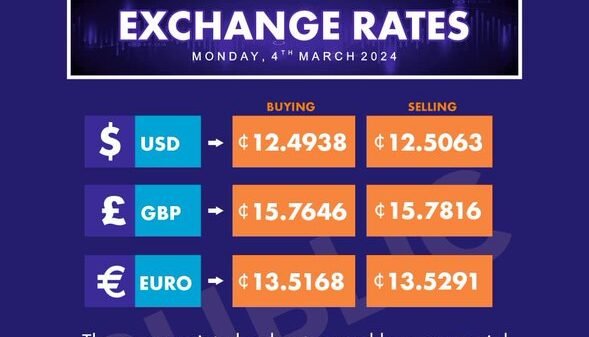- Understanding the different types of car insurance coverage available to you
- Tips for finding the best car insurance policy at an affordable price
- The importance of regularly reviewing and updating your car insurance policy
Introduction: Car insurance is a necessary investment for any vehicle owner, but with so many options available, it can be difficult to determine what type of coverage you need. In this guide, we’ll explore the different types of car insurance coverage available, including liability, collision, comprehensive, personal injury protection (PIP), and uninsured/under-insured motorist coverage. We’ll also discuss how to find the best car insurance policy for your needs and budget, as well as the importance of regularly reviewing and updating your policy.

- Liability insurance Liability insurance is the most basic type of car insurance and is required in most states. This coverage will help cover the cost of damages or injuries to other people or their property if you’re found at fault in an accident. It can also help cover legal fees if you’re sued for damages. Most liability policies have limits, so it’s important to make sure you have enough coverage to protect your assets in case of a lawsuit.
- Collision and comprehensive insurance Collision insurance is optional but can be valuable in case of an accident. This coverage helps pay for repairs to your vehicle if you’re in an accident, regardless of who is at fault. Comprehensive insurance is also optional and covers damages to your vehicle from non-collision events, such as theft, vandalism, or natural disasters. Both collision and comprehensive insurance policies usually have deductibles, which is the amount you have to pay out of pocket before your insurance kicks in.
- Personal injury protection (PIP) and uninsured/under-insured motorist coverage Personal injury protection (PIP) is also known as no-fault insurance and can help cover medical expenses and lost wages for you and your passengers in case of an accident, regardless of who is at fault. Uninsured/under-insured motorist coverage can help protect you if you’re in an accident with someone who doesn’t have insurance or doesn’t have enough insurance to cover the damages. This coverage can help pay for medical expenses, lost wages, and other damages that the other driver’s insurance won’t cover.
- Tips for finding the best car insurance policy When shopping for car insurance, it’s important to compare quotes from multiple providers to find the best policy for your needs and budget. Look for providers that offer discounts for things like safe driving, multiple policies, or having a good credit score. You can also consider raising your deductible or adjusting your coverage limits to lower your premiums. It’s important to remember that the cheapest policy isn’t always the best option – make sure you’re getting adequate coverage for your needs.
- The importance of regularly reviewing and updating your car insurance policy Your car insurance needs can change over time, so it’s important to regularly review your policy and make updates as necessary. For example, if you’ve recently purchased a new vehicle or moved to a new state, you may need to adjust your coverage. You should also review your policy if you’ve made any major life changes, such as getting married or having a child. Regularly reviewing and updating your policy can help ensure that you have the right coverage for your needs and can potentially save you money on your premiums.
Conclusion:
Car insurance is an essential investment for any vehicle owner, but it’s important to understand the different types of coverage available and how to find the best policy for your needs and budget. By understanding
Source: Ghanaonline.net

















![Money Transfer Services operating in Ghana [Remittance Guide] Money Transfer Services operating in Ghana [Remittance Guide]](https://ghanaonline.net/wp-content/uploads/2023/10/omid-armin-8Nppe0yLmn8-unsplash-600x337.jpg)









